Recent reports of federal agents collaborating with police to set up traffic checkpoints during the government shutdown have sparked concern among advocacy groups.
It comes amid a renewed push to limit or end traffic stops in the U.S. for issues that are unrelated to road safety.
The concerns are compounded by startling figures from Mapping Police Violence that show 116 people were killed by police after being stopped for a traffic violation in 2024.
- Federal agents' use of traffic checkpoints during the shutdown raised concerns amid calls to end non-safety traffic stops in the U.S.
- Police killed 116 people after traffic stops in 2024; over 800 have died since 2017, with rising numbers expected by year-end.
- Black drivers face more frequent non-safety stops and are twice as likely to be searched than white drivers, increasing racial disparities.
- Traffic stops rarely reveal serious crime; only 0.2% of fatal crashes involved low-level offenses like broken lights or expired registrations.
Figures from the same database in 2023 revealed that more than 800 people had been killed since 2017 after being pulled over by police.
With those figures expected to rise by the end of this year, advocates continue to call for an overhaul of how police across the U.S. treat minor traffic violations.
The most common but the most deadly
It is thought that on an average day, police stop around 50,000 motorists for alleged traffic violations, making it the most common interaction between members of the public and law enforcement.
Campaigners argue that those stops do little to improve public safety and instead increase the risk of deadly consequences for drivers, particularly Black or brown motorists.
Figures show that Black drivers are pulled over for non-safety stops more frequently than white drivers, and they are two times more likely to be searched when stopped.
Police stop around 50,000 motorists on an average day. Image credits: Justin Sullivan/Getty Images
The reality is that those stops rarely lead to evidence of a serious crime, and the issues drivers are pulled over for are not connected to overall road safety.
Between 2017 and 2021, only 0.2% of fatal crashes had low-level, non-safety-related offenses listed as a contributing factor.
Those low-level offenses included equipment issues such as:
- Headlights, signal lights, or other lights
- Wipers
- Mirrors
- Windows/windshield
Nationally, drunk driving and speeding are the leading contributing factors when it comes to fatal crashes.
Alcohol-impaired driving fatalities accounted for 32% of overall traffic fatalities in 2022.
Some 18% of all drivers involved in fatal traffic crashes were speeding at the time, and 29% of all those killed in traffic crashes were in speeding-related traffic crashes.
High-profile incidents such as the deaths of Tyre Nichols in 2023, Daunte Wright in 2021, and Philando Castile in 2016 underscore how traffic stops can lead to deadly situations.
Tyre Nichols was killed by police in 2023. Image credits: Joshua Lott/The Washington Post via Getty Images
Nichols was a 29-year-old Black man who died three days after being beaten by Memphis police officers during a traffic stop in January 2023.
Police initially said he had been stopped for reckless driving, but later acknowledged there was no evidence to support that claim.
All five officers involved were dismissed and faced state and federal charges.
Two of them—Desmond Mills Jr. and Emmitt Martin III—pleaded guilty to federal civil rights offenses and related state charges, admitting they used excessive force and agreeing to cooperate with prosecutors.
The remaining three—Demetrius Haley, Tadarrius Bean and Justin Smith—were convicted in the federal case of obstruction-related crimes, with Haley also found guilty of violating Nichols’ civil rights resulting in bodily injury.
In May 2025, a Tennessee jury acquitted all three of state charges, including second-degree murder.
Sentencing in the federal case is still pending.
A money-making tool?
Evidence also suggests that traffic stops for minor violations are being used by some U.S. jurisdictions as revenue engines rather than strictly enforcement measures.
A 2023 study by the London School of Economics U.S. Centre found that municipalities issued more tickets when they could retain the revenue from fines, indicating that a financial incentive shaped enforcement patterns.
Evidence suggests some forces use traffic tickets to make up revenue. Image credits: Tasos Katopodis/Getty Images
In Georgia, the Institute for Justice reported in 2019 that three cities relied on fines and fees for 14%-25% of their budgets, and many citations were for minor, low-risk infractions such as expired registrations or minor equipment violations.
A further study conducted by Governing in 2019 found that fines and forfeitures accounted for more than 10% of general fund revenues for nearly 600 jurisdictions in the U.S.
Of those jurisdictions, at least 284 exceeded 20%. The research also revealed that those high fine revenues were most common in Arkansas, Georgia, Louisiana, New York, Oklahoma, and Texas.
Renewed calls for change
As of May this year, 32 jurisdictions have limited or eliminated non‑safety‑related traffic stops, according to the Vera Institute of Justice.
This includes states such as California, where the California Assembly Bill 2773 came into effect in January 2024.
The law requires police to clearly state the reason for any traffic stop before asking questions, aiming to prevent officers from using minor violations as a pretext for broader investigations.
Advocates want an end to traffic stops for issues not related to road safety. Image credits: Scott Olson/Getty Images
However, other states, such as Tennessee, have moved in the opposite direction.
The Republican-led state passed legislation the same year that prohibited cities from restricting how local police enforce traffic laws.
The law bars local governments from adopting policies that limit or prohibit law enforcement from taking actions otherwise permitted under state or federal law, effectively rolling back local traffic enforcement reforms.
It’s a move that critics warn could undermine reforms in Memphis, where the enforcement of minor traffic violations was restricted after the death of Tyre Nichols.
The American Civil Liberties Union (ACLU) said that in cities where police have stopped enforcing minor traffic violations, the results have been promising, with the number of crashes unchanged or even going down.
It further noted that community members have reported higher levels of trust in law enforcement due to the reforms.
Speeding is one of the leading causes of fatal road crashes. Image credits: Ben Hasty/MediaNews Group/Reading Eagle via Getty Images
The ACLU is among those calling for a limit or an end to traffic stops for issues such as tinted windows, a dangling air freshener, or an expired registration.
“Being in a car should not mean losing many of the constitutional rights one would have in almost any other setting,” it wrote in a recent article.
“Because state and local traffic codes list hundreds of non-safety traffic offenses, from tinted windows to expired registration stickers, police can have hundreds of reasons to choose from,” the ACLU added.
“In practice, this lets officers use traffic stops to go on criminal investigation fishing expeditions, unfairly targeting people of color, and undermining the fundamental freedoms the Fourth Amendment was meant to protect.”
Advocates form the Traffic Safety for All coalition
The Traffic Safety For All coalition is a nationwide partnership of advocacy groups, researchers, and community organizations that was formed in March of this year.
It is focused on reshaping how traffic enforcement is carried out in the U.S., and leading members include the Vera Institute of Justice, the ACLU, and the Center for Policing Equity.
Evidence suggests trust in police improved after a reduction in traffic stops. Image credits: Tasos Katopodis/Getty Images
The coalition urges policymakers to concentrate on interventions that reduce serious crashes and save lives, rather than targeting minor violations.
Its members emphasize that overly aggressive enforcement of low-risk infractions can strain community trust and exacerbate racial disparities in policing.
The coalition works to provide cities and states with evidence-based strategies for traffic safety that balance public protection with civil liberties through policy guidance, public campaigns, and collaborative research.
For campaigners and members of the Traffic Safety for All coalition, the message is clear: traffic enforcement should protect lives, not generate revenue or serve as a pretext for broader policing.
With thousands of stops still occurring every day, the stakes for drivers and communities remain high.


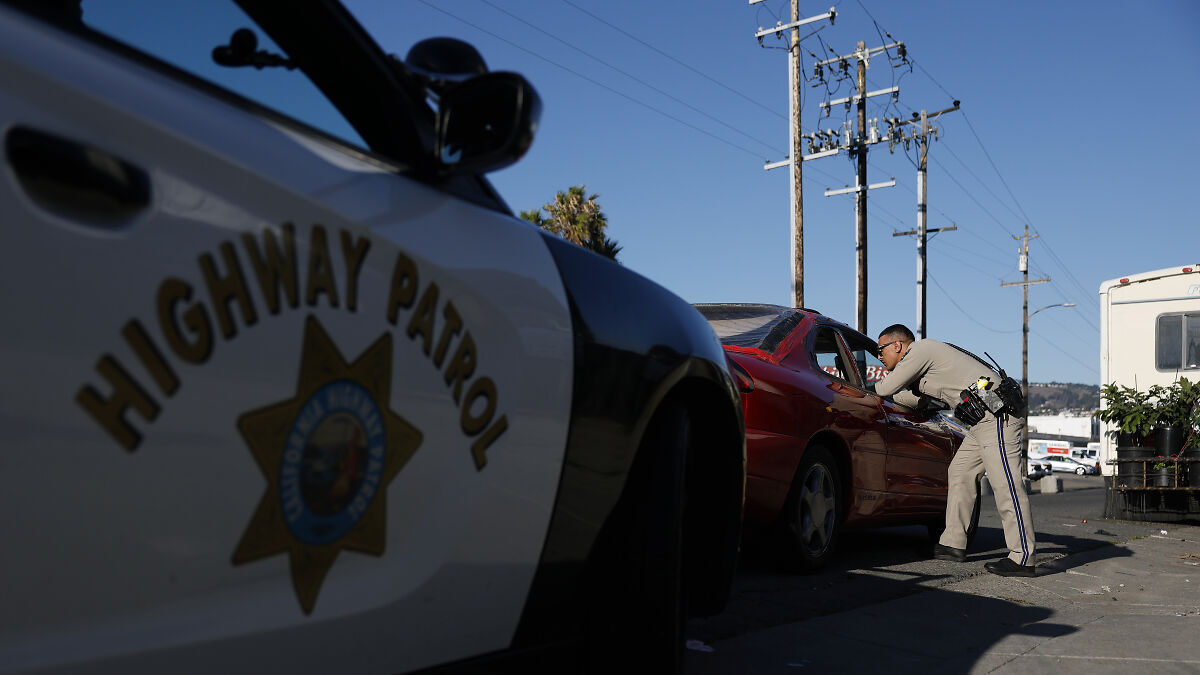
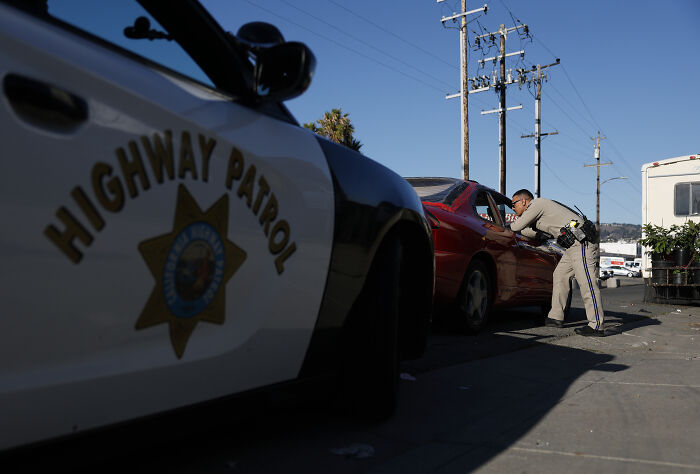
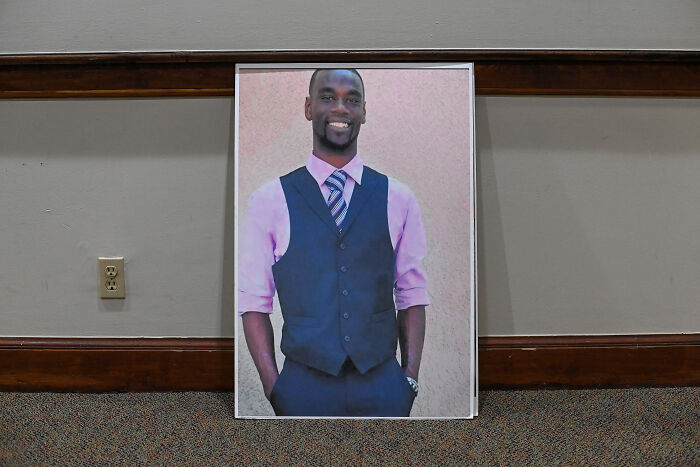
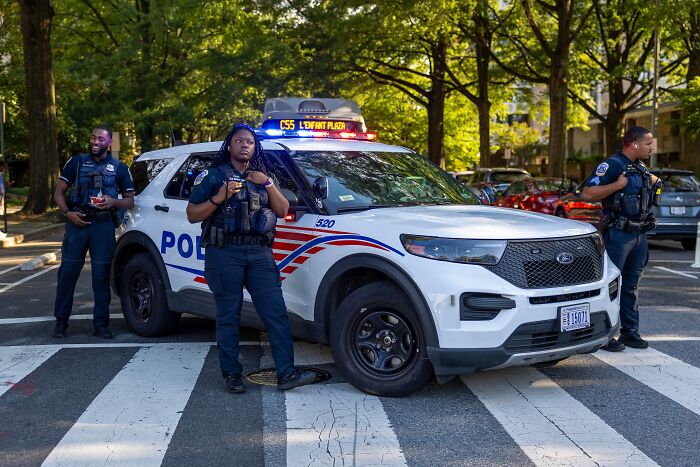
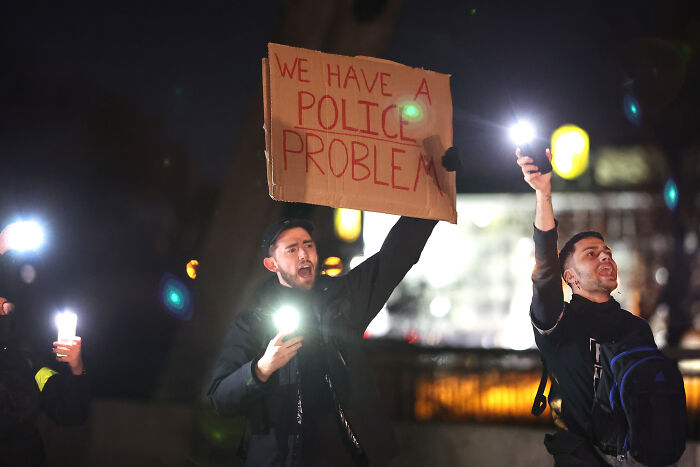
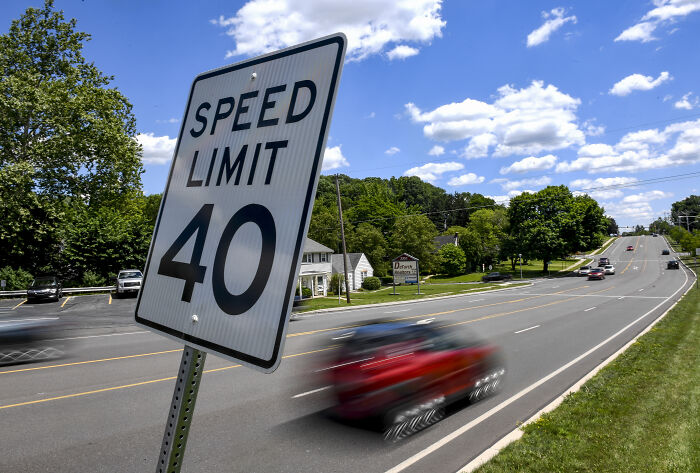
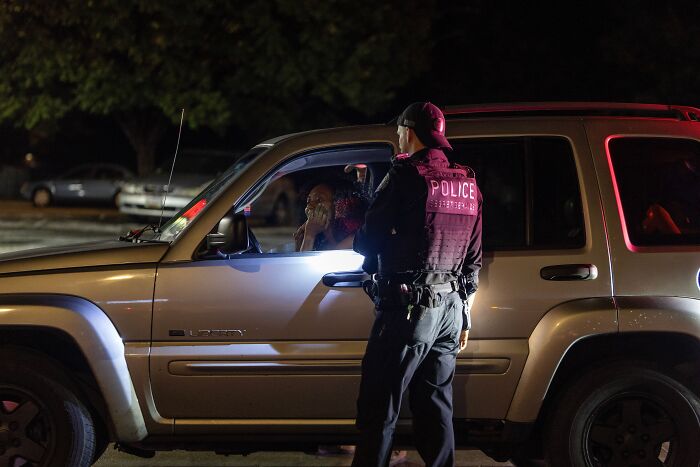



16
0